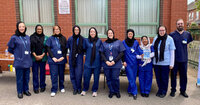
Festival-goers invited to be part of landmark research project to improve health outcomes for South Asian people
People attending a major Manchester festival this weekend will have the opportunity to take part in a huge research project to help improve health outcomes for South Asian people.
The Genes and Health Study is trying to understand why people of Bangladeshi and Pakistani heritage have some of the highest rates of heart disease, diabetes and poor health in the UK.
Over 50,000 people in London and Bradford have already taken part and the study recently opened in Greater Manchester.
People going to the Manchester Mega Mela, at Platt Fields Park, Fallowfield, on the weekend of 23 and 24 July will be able to learn more about the project and take part by providing a small saliva sample.
The local team from the National Institute for Health and Care Research (NIHR) Clinical Research Network Greater Manchester will be at the festival, the largest celebration of South Asian culture in the north of England, on both days to answer questions and give people the option to take part.
Jo Henry, Team Lead Research Nurse at NIHR Clinical Research Network Greater Manchester, will be at the Mega Mela with her team.
She said:
Quote“We know that, unfortunately, South Asian people have some of the highest rates of heart disease and diabetes in Greater Manchester and across the UK, and had the worst COVID-19 outcomes.
"Genes and Health is a study that is making real progress in reducing these health inequalities and providing a very accessible way for people to be part of research that can benefit so many people.
"We would love to speak to anyone attending the Mega Mela to answer any questions they may have about this important research. Taking part is really straightforward and takes less than 10 minutes, so it won’t stop anyone from enjoying all the festivities!”
The NIHR team has been visiting lots of local community locations to provide opportunities to get involved in the Genes and Health Study. Sajid Aziz, 38, of Old Trafford, participated when the team visited a mosque in Old Trafford.
He said:
Quote
“They did a little presentation to show what's involved or what's going to happen and there is a lot of privacy involved.
“It’s just a saliva sample and [the research team] send that off, fill a couple of details in. And hopefully they can build up a lot of portfolios to try and help people in the future. Very, very simple process. I would highly recommend it. It will benefit everyone.”
People from South Asian communities have historically been underrepresented in the large genetic data sets used by scientists, doctors, and policy makers to guide decisions about healthcare. The Genes and Health Study is addressing this by recruiting volunteers aged 16 and over from British Pakistani and British Bangladeshi heritage.
The project, led by Queen Mary University of London in partnership with King’s College London, started in East London in 2015 and opened in Greater Manchester earlier this year.
Data from the Genes and Health has already been used to uncover important scientific discoveries such as: why COVID-19 affects some people more severely than others; a new treatment for a rare childhood kidney disease; and a new understanding of how nutrition links to childhood growth.
Further information is available on the NIHR Clinical Research Network Greater Manchester website.


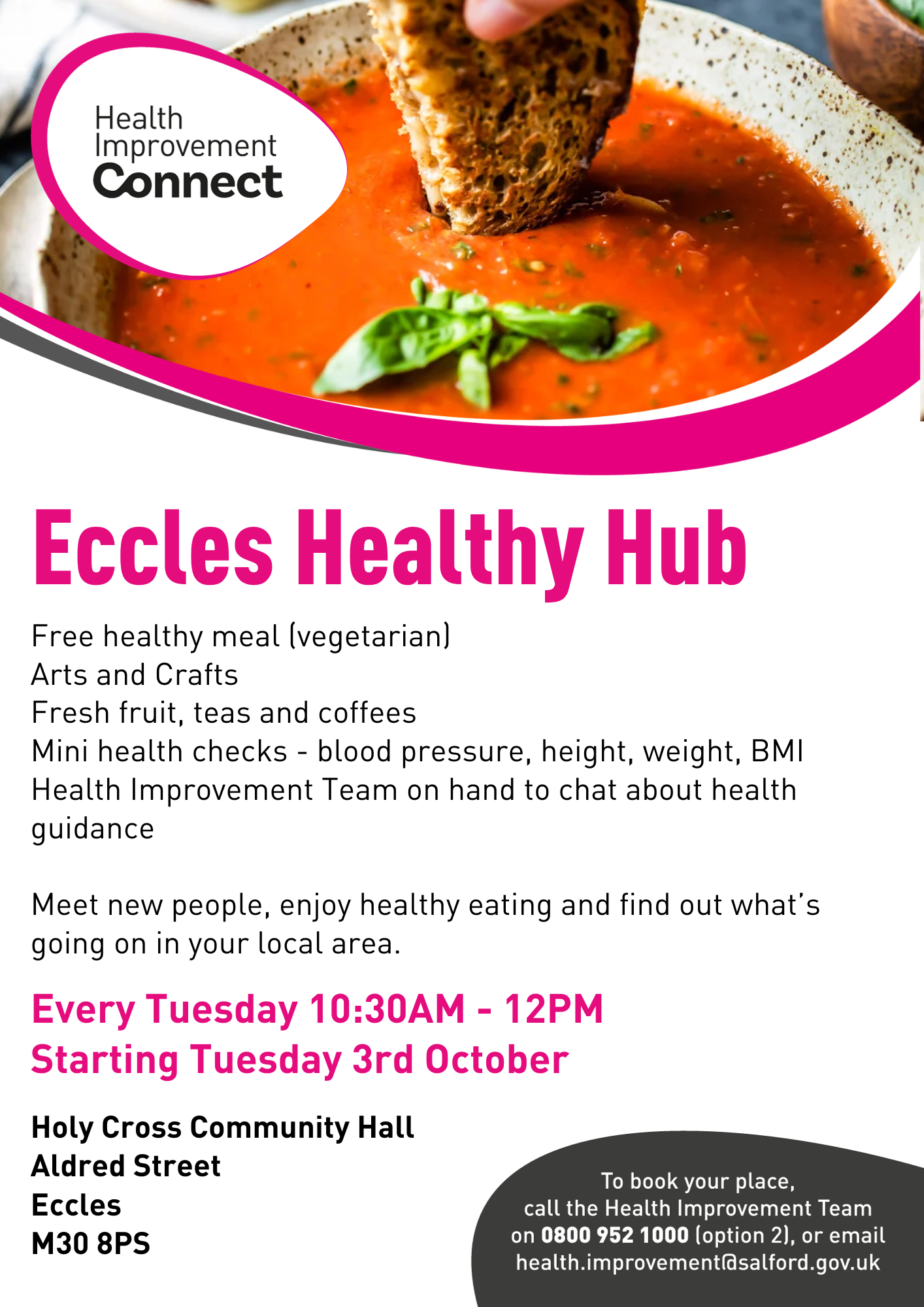
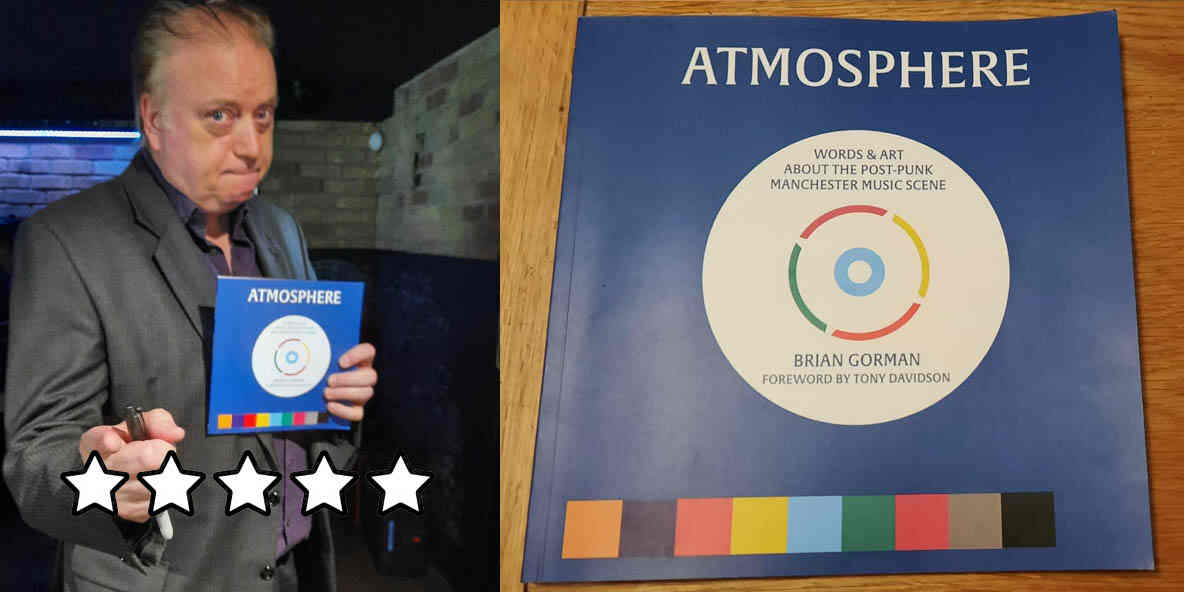
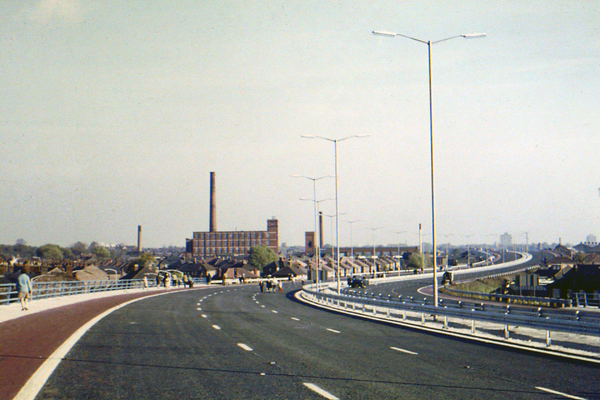

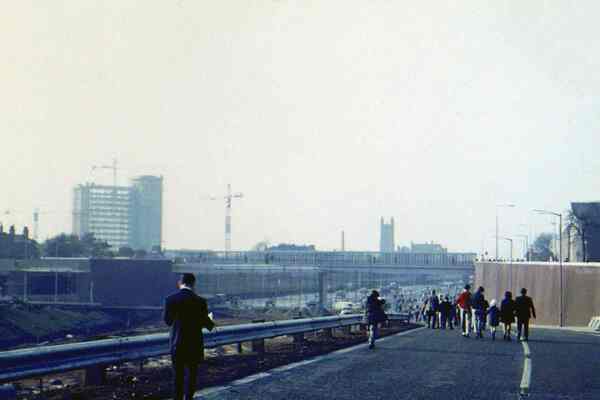
Recommended Comments
There are no comments to display.
Create an account or sign in to comment
You need to be a member in order to leave a comment
Create an account
Sign up for a new account in our community. It's easy!
Register a new accountSign in
Already have an account? Sign in here.
Sign In Now